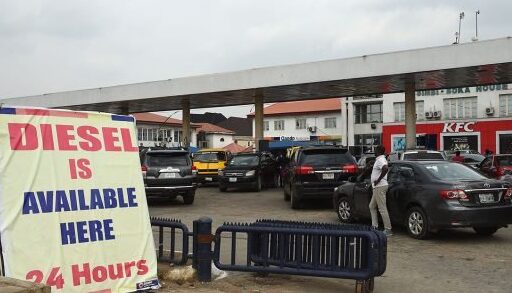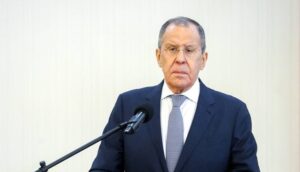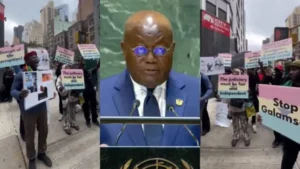
Credit Maher Hajbi
Between the embargo on Russian crude oil, the volatility of oil prices and the soaring price of a barrel, fuel supply difficulties are raising fears of a dearth on the African continent.
In early March, the outgoing secretary-general of the Organization of Petroleum Exporting Countries (OPEC), Mohammad Barkindo, tried to sound firm and reassuring, saying: “There will be no oil shortage, even if Moscow’s war on Ukraine is fueling the price surge.â€
However, if sanctions escalate, “African oil-importing countries with limited financial resources, notably South Africa, DR Congo, Morocco and Tunisia, will be the most exposed to soaring prices and fuel shortages.â€
Between the embargo on Russian crude oil, the volatility of oil prices and the soaring price of a barrel, fuel supply difficulties are raising fears of a dearth on the African continent.
In early March, the outgoing secretary-general of the Organization of Petroleum Exporting Countries (OPEC), Mohammad Barkindo, tried to sound firm and reassuring, saying: “There will be no oil shortage, even if Moscow’s war on Ukraine is fueling the price surge.â€
However, the recent refusal by OPEC and OPEC+ member countries to open the floodgates wider in order to relieve the market is reviving speculation.
Nigeria, the continent’s largest producer of black gold, is paradoxically facing a huge rush for petrol. In recent weeks, motorists have had to show great patience to reach the pump. In Lagos, Abuja and Kano, long queues at service stations are disrupting or even blocking traffic, as the price of diesel has recently risen from N225 ($0.60) to about N800 ($1.93).
Despite its colossal reserves, the oil giant, undermined by the vulnerability of its almost non-existent refining infrastructure, imports 90% of its fuel at world market prices and is severely suffering the consequences of the war in Ukraine.
Domino effect
Since the Russian invasion, the upheavals in the oil market have cast their shadow over African fuel-importing countries. Energy bills have skyrocketed due to the dramatic and volatile increase in crude oil prices, approaching $140 per barrel – not far from the record $147.50/barrel set in 2008.
From Pretoria to Rabat, via Kinshasa, Bamako, Kigali, Conakry or Tunis, citizens are enduring the fluctuation of the black gold market and its repercussions on fuel prices. In the Central African Republic, service stations are running out of fuel and supplies are still not forthcoming.
At this rate, the crisis on the continent is likely to escalate. Kamel Bennaceur, a former Tunisian minister of industry, energy and mines and president of the Society of Petroleum Engineers, worries about the impact of new sanctions against Russia, which provides 11.5% of the world’s supply and is the world’s second-largest exporter of crude oil after Saudi Arabia.





